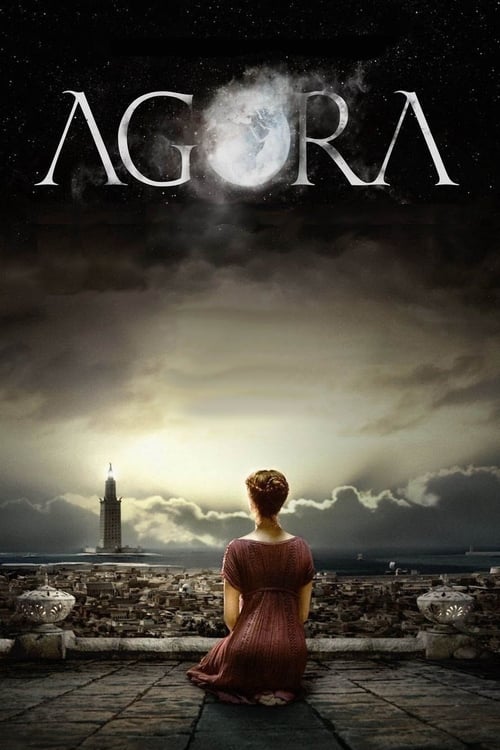
Title: Agora
Year: 2009
Director: Alejandro Amenábar
Writer: Mateo Gil
Cast: Rachel Weisz (Hypatia), Max Minghella (Davus), Oscar Isaac (Orestes), Ashraf Barhom (Ammonius), Michael Lonsdale (Theon),
Runtime: 127 min.
Synopsis: A historical drama set in Roman Egypt, concerning philosopher Hypatia of Alexandria and her relationship with her slave Davus, who is torn between his love for her and the possibility of gaining his freedom by joining the rising tide of Christianity.
Rating: 6.996/10